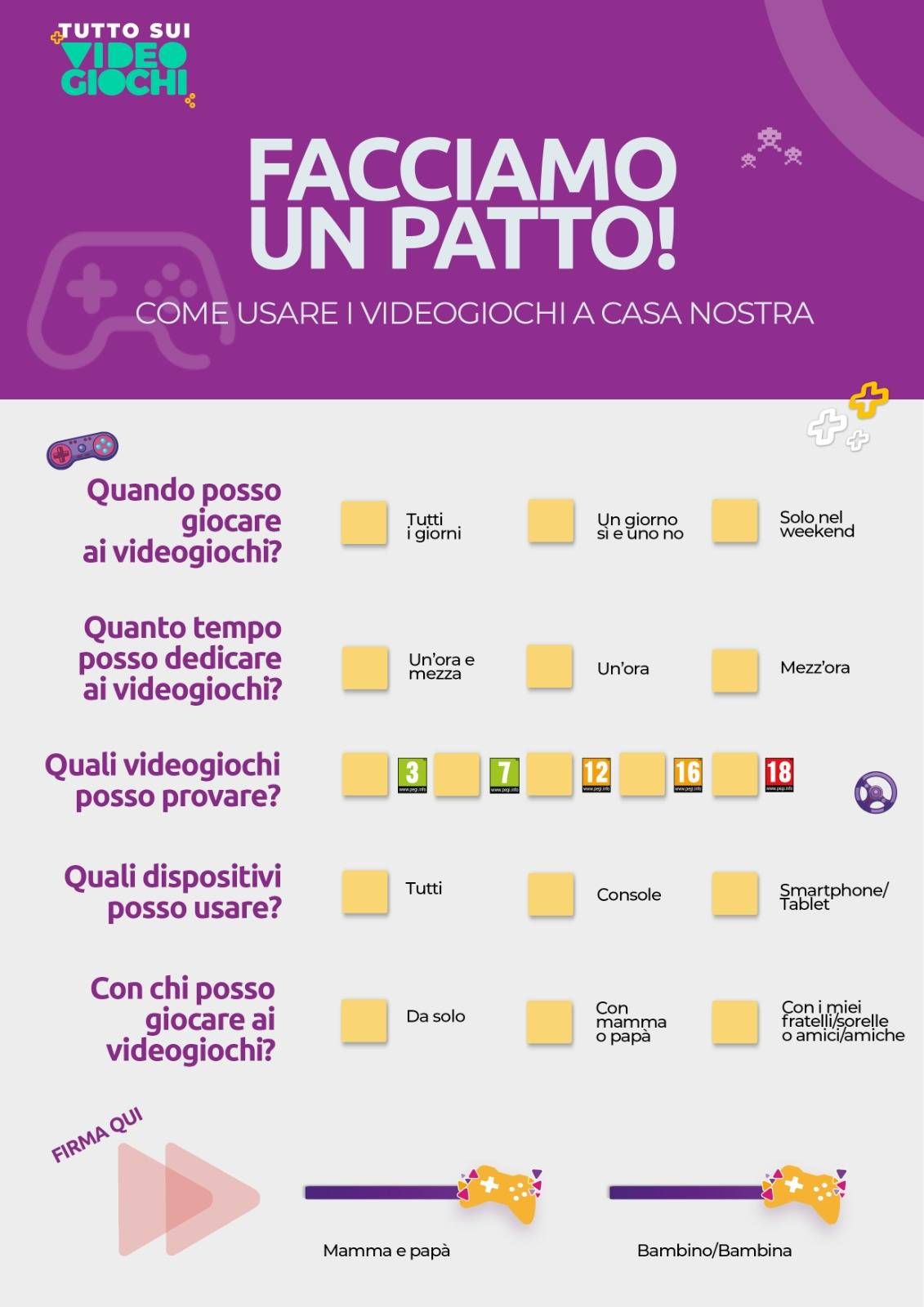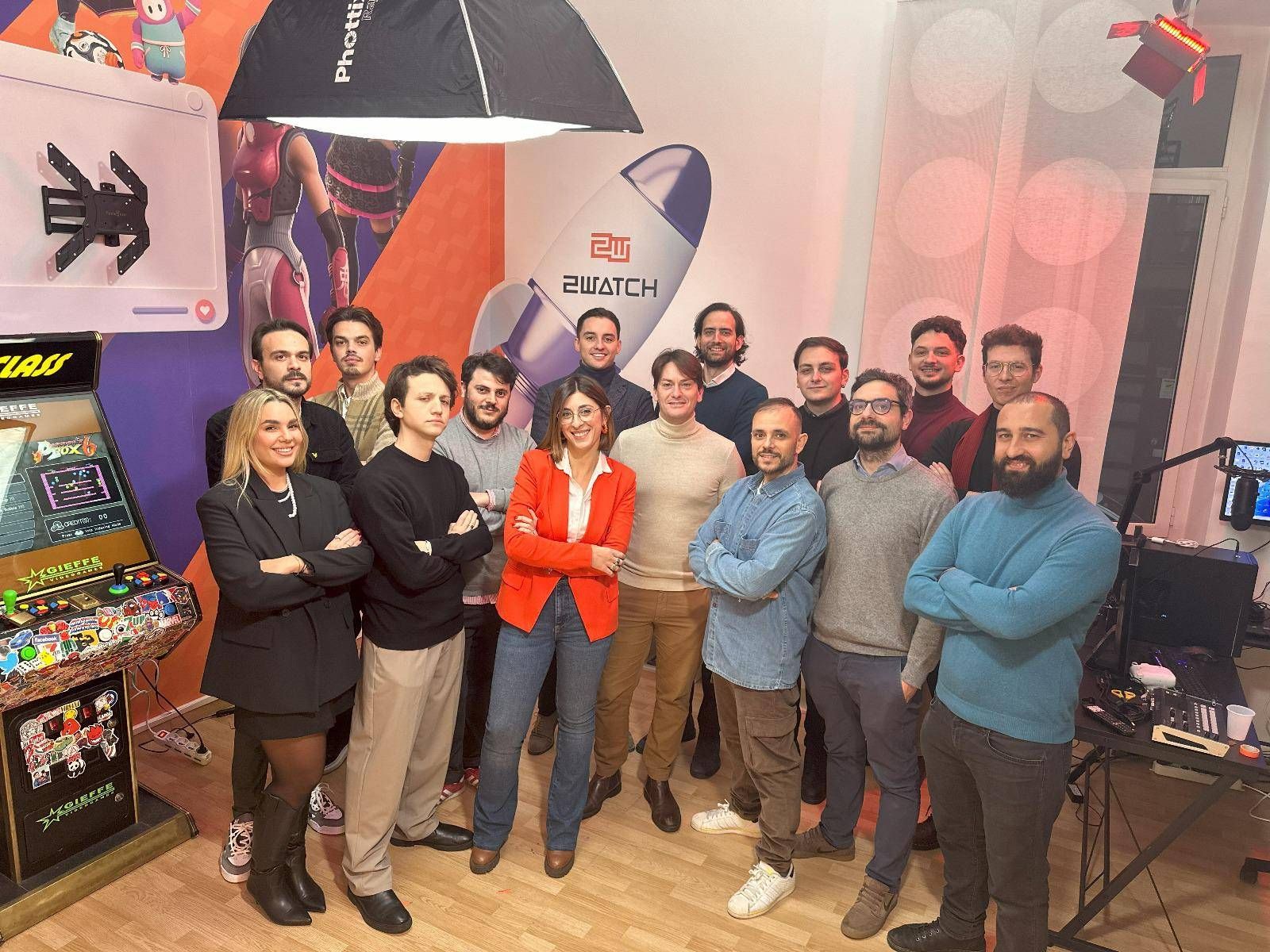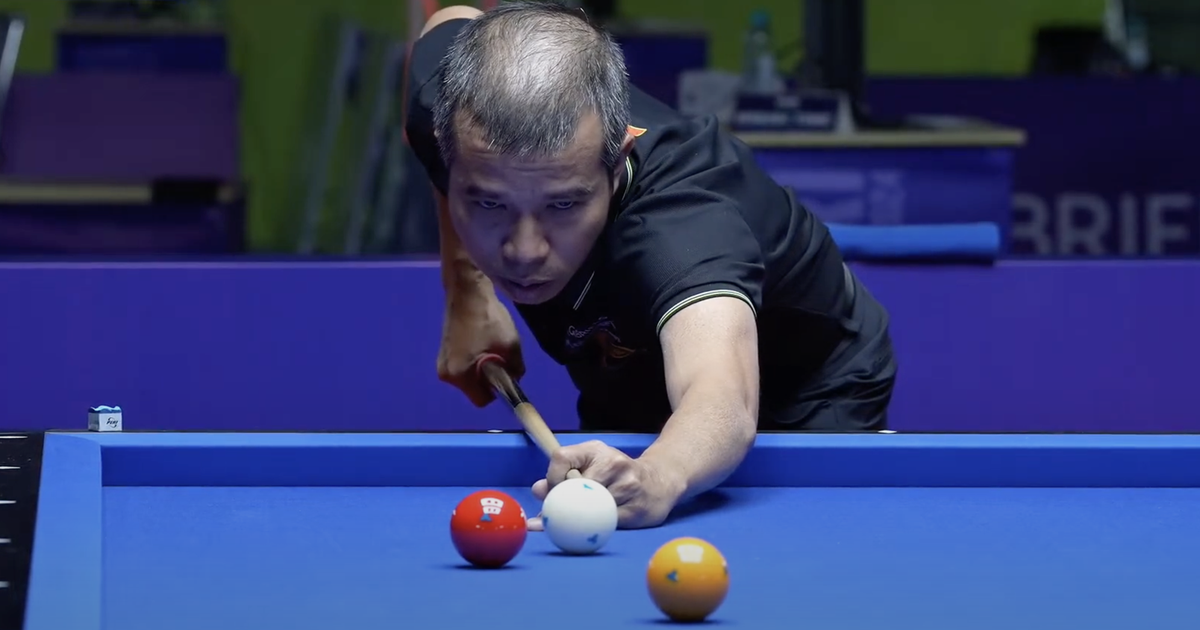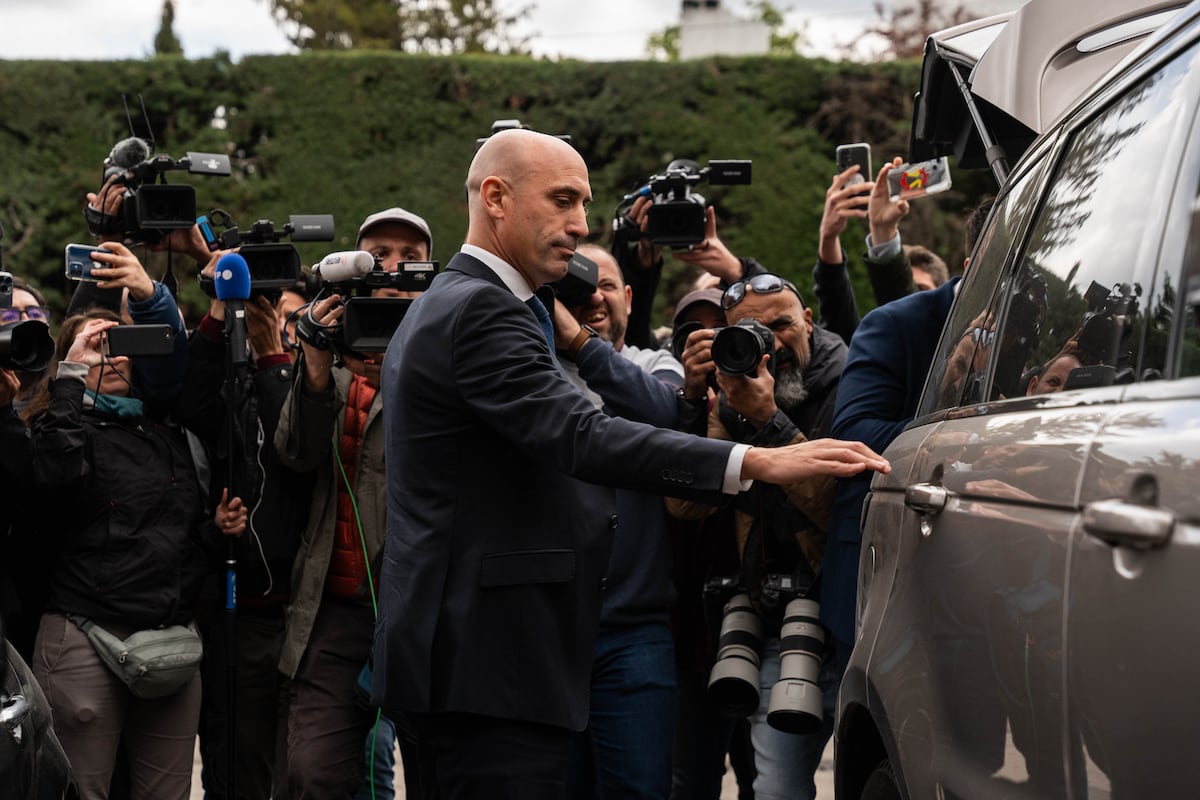On the occasion of the holidays, the awareness campaign promoted by IIDEA, the trade association of the videogame industry in Italy, returns, which this year celebrates the second edition with the aim of guiding families in the conscious use of videogames, creating a safe and fun environment for everyone.
The awareness campaign offers five practical tips to help parents choose appropriate gamesthanks to the PEGI (Pan-European Game Information) classification system, which allows you to easily identify games suitable for each age group. Furthermore, useful tools such as parental controls are provided, which allow parents to manage and monitor their children’s gaming activities in a safe way.
“Family video games” is not only a topic of entertainment, but also of education. Playing together with your children allows you to establish a dialogue on gaming choices, on the limits of gaming time, but also on delicate topics such as online security, privacy and in-game purchases. It is essential that parents are informed and participatory, to help children and teenagers experience video games in a positive and risk-free way.
“The holiday season is a perfect time to enjoy time with family, and with the arrival of gifts, including gaming consoles, it’s also the perfect opportunity to introduce video games into everyday life. However, managing these new devices can seem overwhelming for some parents, who often feel overwhelmed by the variety of options and concerns about online safety and playtime management.” declared Ilaria Amodeo Communication & Events Manager IIDEA“In response to these challenges, the tuttosuivideogiochi.it portal has been renewed, designed to simplify access to information regarding online gaming safety. Starting from 2024, the portal offers a new graphical interface, clearer and more accessible for parents. With a renewed design, the site allows you to easily navigate between guides and practical resources, such as a search engine to find the PEGI rating of games and detailed information on parental controls. The site, also optimized for mobile, presents itself as a fundamental resource for those seeking to balance fun and safety”.

One of this year’s novelties is the creation of a “family pact”, which invites parents and children to establish rules together for the responsible use of video games: “This year we decided to help families “make a deal”, a concept that aims to establish clear and shared rules between parents and children regarding the use of video games. Parents can decide together with their children how much time to dedicate to gaming, which titles to play and which devices to use. The idea of a pact, symbolic but effective, helps to create a common awareness on the limits and opportunities offered by video games”,
continues Ilaria Amodeo, “and allows us to address another central theme of this initiative: encouraging parents to play together with their children. Playing side by side not only strengthens family bonding, but also provides the opportunity to closely monitor the game content and children’s interactions. Video games, in fact, are not just a source of entertainment, but can also help develop important skills such as concentration, memory and problem-solving skills..
For this campaign, IIDEA has renewed the collaboration with the family influencers Daniele Marzano and Mickol Lopez of Driving without a license (@guidasenzapatente), who will invite their community on Instagram and Facebook to make a pact with their children to establish together some rules to follow to have fun safely within their family unit. The campaign will be conveyed on social media via the dedicated hashtags #prendiilcontrollo and #facciamounpacto.
The video game industry’s commitment to supporting families with free and immediate resources is generating real results. According to the study “Children’s in-game spending
” created by Ipsos for Video Games Europe, 95% of families actively supervise their children’s in-game spending, and 76% of parents of children who play video games say that their children do not make in-game purchases.
“Video games are not just a pastime, but an opportunity to learn and socialize. It is essential that children and young people can live them to the fullest, with the support of their parents. With this campaign, IIDEA wants to promote open communication in the family and stimulate the active participation of adults in moments of play. Our portal Tuttosuivideogiochi.it is a valid ally for parents, not only during the Christmas period, but all year round, providing information and advice to better understand one of the passions most loved by our children”stated Thalita Malagò, General Director of IIDEA.
Security, PEGI ratings, and parental controls are the other key points on which IIDEA focuses heavily
. “
Another crucial point concerns the use of rating systems, such as PEGI (Pan European Game Information), which helps determine the suitability of a game based on the age of the child. Additionally, modern consoles offer advanced parental control tools, allowing you to limit online interactions, disable in-game purchases, and protect children’s privacy during gaming sessions. The objective of the Tuttosuivideogiochi.it portal,
continues Ilaria Amodeo, Communication & Events Manager IIDEA
With the growth of online multiplayer games, it becomes crucial to educate young people on how to safely interact with other players. Voice chats, texts and online interactions can be places where children expose themselves to inappropriate content. Parents can, however, take preventative measures such as disabling communications with strangers or limiting the visibility of the player’s profile. THE
Finally, education is an essential aspect in this process. By collaborating with influencers and content creators, it is possible to bring the message of digital security to a wider audience. Families can find resources, video tutorials and articles written by experts, psychologists and academics, which explain how video games can be used in a positive way for children’s learning and personal development, without forgetting the need for a conscious approach to technology .”










